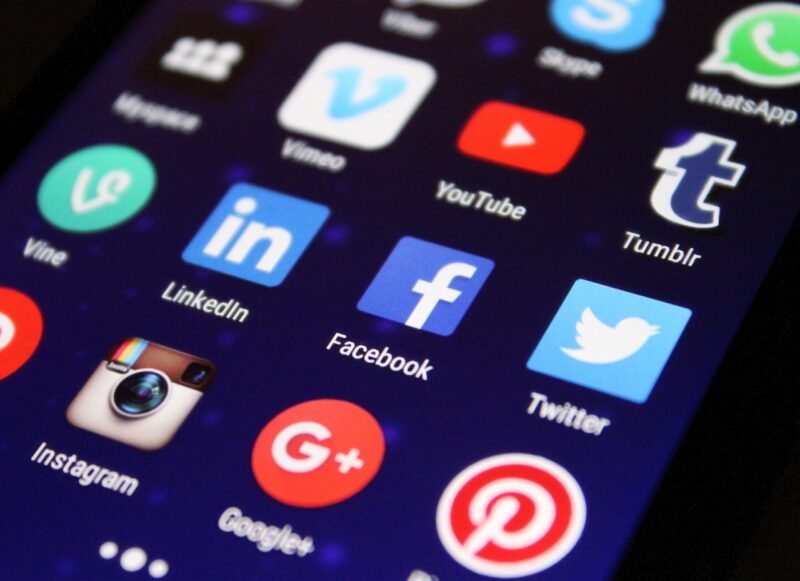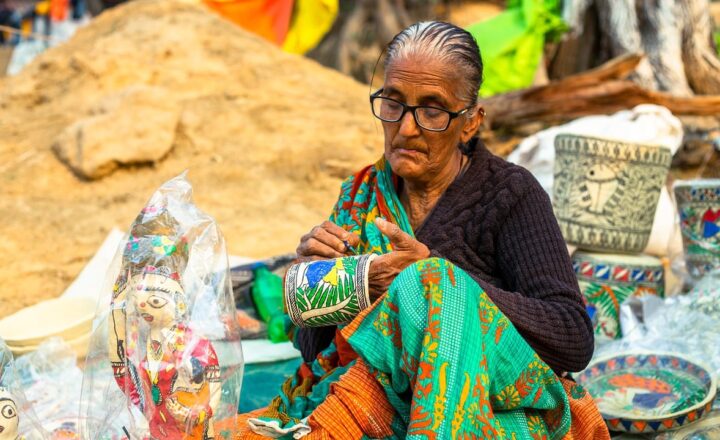How Social Media Influencers Are Redefining Celebrity Culture
November 16, 2024

In the modern digital age, social media influencers have emerged as the new-age celebrities, reshaping the landscape of fame and recognition. Traditional celebrities, who were once the exclusive faces of advertisement campaigns, movies, and music, now find themselves contending for attention against these influencers who command massive followings through their authenticity and relatability. This article delves into how social media influencers are redefining celebrity culture and the implications this shift has on both society and the entertainment industry.
1. The Rise of the Influencer Culture
The influencer phenomenon can be traced back to the proliferation of social media platforms like Instagram, YouTube, and TikTok. To understand the impact of influencers, we need to recognize the evolution of celebrity itself:
- Democratization of Fame: With only a smartphone and a good idea, anyone can create content that has the potential to go viral, giving rise to a new genre of social media stars who often have more followers than traditional celebrities.
- Authenticity vs. Stardom: Influencers are often seen as more relatable than traditional stars. Their perceived authenticity appeals to audiences, leading to deeper connections, and in many cases, a stronger influence over consumer choices.
- Niche Markets: Influencers often cultivate communities around specific interests or lifestyles, allowing brands to tap into highly engaged and targeted audiences that traditional celebrities may not reach as effectively.
The convergence of these trends is altering the nature of fame itself, transforming how we define celebrity.
2. The Impact on the Entertainment Industry
Social media influencers are not just changing the way fame is perceived; they are also impacting traditional media and the entertainment industry in profound ways:
- Brand Collaborations: Influencers are increasingly chosen over traditional celebrities for brand endorsements because they possess the ability to connect directly with audiences. For brands, the authenticity and engagement rates of influencers often provide a better return on investment compared to celebrity endorsements.
- Content Creation and Ownership: Influencers create and control their content, allowing them to showcase their personalities authentically. Unlike traditional media, where creative control lies with studios and networks, influencers craft their narratives and brand identities, leading to the emergence of new genres of entertainment.
- Shifts in Media Consumption: Audiences have changed how they consume content. Platforms like TikTok and YouTube now capture attention away from TV and film, with influencers at the helm of this paradigm shift. This has prompted traditional media organizations to explore collaborations with influencers to retain relevance in a fast-evolving digital landscape.
This shift also reflects a broader cultural transformation where audiences seek more personalized and relatable content.
3. The Challenge of Authenticity
Despite the wave of rising influencers, the quest for authenticity remains a double-edged sword. As influencer culture grows, so does the pressure to maintain relevance, fight competition, and adapt to changing trends:
- The Mask of Perfection: Some influencers curate an idealized version of their lives, leading audiences to question the authenticity of their portrayals. This can diffuse trust—the very foundation upon which influencer culture is built.
- Evolving Trends: With trends changing rapidly, influencers often feel compelled to shift their content styles quickly in order to retain followers, which can result in losing their unique voice or brand identity.
- Mental Health Struggles: The competition and constant scrutiny can take a toll on mental health, impacting those striving to maintain their status as influencers. It’s crucial that both influencers and their audience recognize the challenges involved in this lifestyle, advocating for mental well-being in the digital age.
The balance between innovation and authenticity is an ongoing challenge for influencers as they navigate this new landscape.
4. Cultural and Social Implications
The intersection of social media influencers and celebrity culture extends beyond the entertainment sphere; it speaks volumes about societal values and trends:
- Body Positivity and Representation: Influencers, particularly in the wellness and fashion niche, have played significant roles in promoting body positivity and inclusivity, challenging traditional beauty standards and encouraging diverse representations in advertising and media.
- Social Activism: Many influencers use their platforms for advocacy, amplifying important social issues. This engagement not only educates their audience but can also lead to tangible change in society, effectively using celebrity-like stature for greater good.
- Changing Consumer Behavior: The impact of influencer marketing has changed the way brands communicate with their audiences. Consumers are more inclined to trust personal recommendations over traditional advertising, leading brands to rethink their marketing strategies dramatically.
These cultural shifts reflect broader changes in society’s values, driving the conversation about what it means to be influential.
5. The Future of Celebrity Culture
As influencers continue to hold the spotlight, it raises questions about the future of traditional celebrities and what forms of fame may look like:
- An Integration of Influencers and Celebrities: We are likely to see further integration, with traditional celebrities becoming influencers themselves and influencers securing roles in films, music, and more. This crossover would redefine the boundaries of celebrity.
- The Emergence of New Content Formats: As technology evolves, so will content formats. Live streaming, virtual reality experiences, and interactive content represent new ways for influencers to engage with their audience while establishing authority and creativity in their niche.
- Sustainability of Influence: The challenge lies in sustainability: Can influencers consistently evolve and retain their relevance in a rapidly changing digital fashion, or will the tides shift yet again? Maintaining authenticity will be central to retaining audience trust as the ecosystem matures.
While social media influencers are redefining the landscape of celebrity culture, the balance between authenticity and performance remains crucial. How this narrative will evolve in the future will depend on how influencers and their audiences navigate these challenges together.
Conclusion
In conclusion, social media influencers have brought about a seismic shift in celebrity culture, ushering in an era where authenticity, relatability, and connection take precedence over traditional norms of fame. As they rise in prominence, influencers redefine what it means to be a celebrity, engage audiences in new ways, and reshape the marketing landscape. However, the journey is not without challenges, as the balance between authenticity and societal pressures will continue to evolve.
Understanding this dynamic is essential for both influencers navigating their careers and brands seeking to harness the power of influence. As we move forward, embracing the potential for positive societal change driven by influencer culture may well define the next chapter in the evolution of celebrity.







